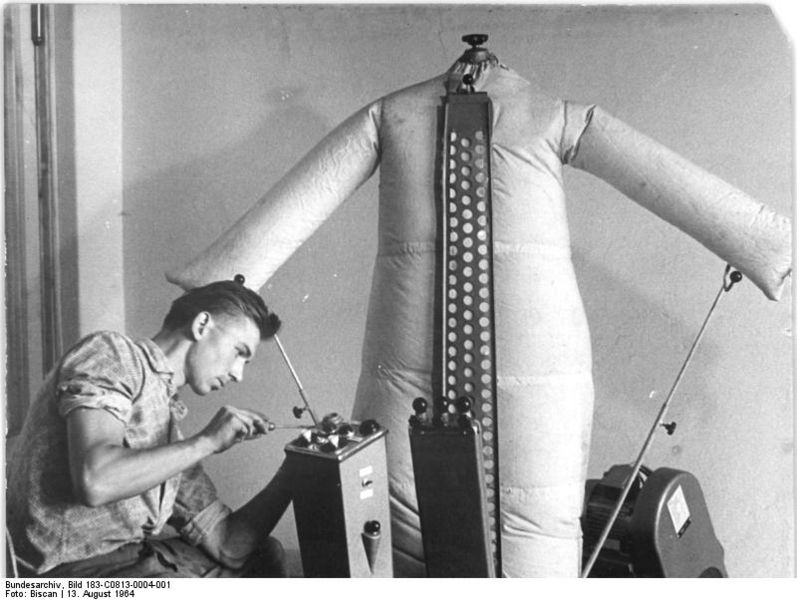The opening of Jaron Lanier’s piece in Wired about Moore’s Law, which is excerpted from his new book, Who Owns the Future?:
“Moore’s Law is Silicon Valley’s guiding principle, like all ten commandments wrapped into one.
The law states that chips get better at an accelerating rate. They don’t just accumulate improvements, in the way that a pile of rocks gets higher when you add more rocks. Instead of being added, the improvements multiply. The technology seems to always get twice as good every two years or so. That means after forty years of improvements, microprocessors have become millions of times better.
No one knows how long this can continue. We don’t agree on exactly why Moore’s Law or other similar patterns exist. Is it a human-driven, self-fulfilling prophecy or an intrinsic, inevitable quality of technology?
Whatever is going on, the exhilaration of accelerating change leads to a religious emotion in some of the most influential tech circles. It provides a meaning and context.
Moore’s Law means that more and more things can be done practically for free, if only it weren’t for those people who want to be paid. People are the flies in Moore’s Law’s ointment. When machines get incredibly cheap to run, people seem correspondingly expensive.
It used to be that printing presses were expensive, so paying newspaper reporters seemed like a natural expense to fill the pages. When the news became free, that anyone would want to be paid at all started to seem unreasonable.
Moore’s Law can make salaries — and social safety nets — seem like unjustifiable luxuries.”
Tags: Jaron Lanier

